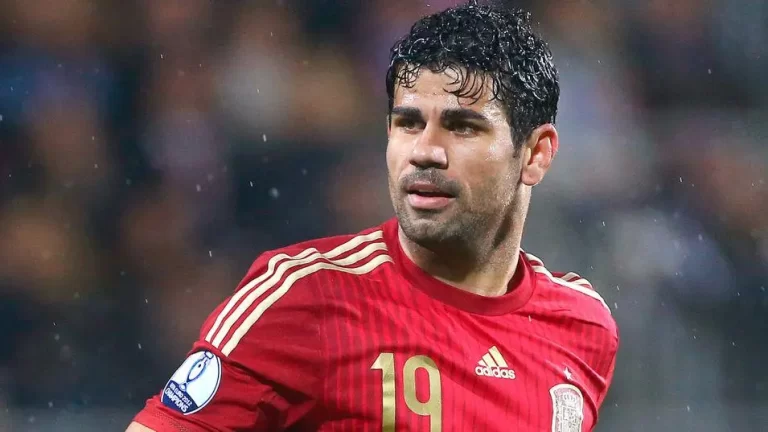When a player first considers representing a country, the basic requirement is clear: they must be a citizen of that country. However, due to football’s worldwide reach and the frequent movement of players across borders, many hold dual nationality, often qualifying them to play for more than one national team.
What happens if a player wants to switch teams? It’s not simply about what they want. They must weave through a complex set of FIFA rules that control who can play for which national team.
READ MORE
++ The footballers born in Brazil who played for Germany, host and favorite in the Euro
++ Brazilian-born footballers who won the Euro
++ Which Brazilian clubs are World Champions?
Players who switched national teams
- Diego Costa is a prime example. Born in Brazil, Costa played in two friendly matches for his birth country in 2013 but later declared for Spain, where he had established his club career. His switch was controversial but legal.
- Wilfried Zaha opted to represent Côte d’Ivoire, despite having played in friendly matches for England.
- Thiago Motta played for Brazil in the 2003 Gold Cup but later represented Italy in competitive fixtures, exploiting a loophole as the tournament was not recognized by FIFA as a cap-tying competition for Brazil.
ICYMI! Here's Diego Costa wearing the Spanish National team shirt for the first time. (via @SeFutbol) pic.twitter.com/yW0VjftudG
— beIN SPORTS USA (@beINSPORTSUSA) March 3, 2014
These examples show the considerations that players use in choosing which national team to play for. What does FIFA say about this?
FIFA’s rules for changing national teams
FIFA’s regulations on changing national team allegiance are summed up in several key criteria:
- General Eligibility (Articles 5-8 of FIFA’s statutes): To play for a country’s national team, a player must have a permanent nationality from that country. This nationality can’t just be based on living there for a while; it has to be a more fixed national status.
- Assuming a New Nationality (Article 7): If players want to play for a new country, they must either be born there, have a parent or grandparent from there, or have lived there continuously for at least five years after they turn 18.
- Switching National Teams: FIFA allows players to change their national team under specific conditions:
- They can’t have played more than three matches for their first national team, especially not during the final rounds of big tournaments like the World Cup.
- At least three years must have passed since their last game for their previous national team.
- They shouldn’t have played in any major tournament finals, as this would mean a strong commitment to their previous national team.
- Multiple Nationalities (Article 6): If players have multiple nationalities, they can choose which country to represent if they meet one of the conditions like,
- Being born there,
- Having parents or grandparents from there, or
- Living there for at least two years.
- Countries with shared nationalities can agree to adjust these rules.
FIFA has adjusted rules governing football players switching international associations.
A player can now switch teams if fielded in no more than three matches at “A” international level in any kind of football for their current association.
Read all 👉🏿 https://t.co/t0luL1avu1 pic.twitter.com/MmrWAOfRF6
— GOAL Africa (@GOALAfrica) September 19, 2020
FIFA’s rules are designed to stop abuse of national team changes, but they must be updated regularly to match the changing world of football, where players often have ties to multiple countries.
This need for updates keeps the debate about nationality in football active and ongoing, much like the sport itself.



